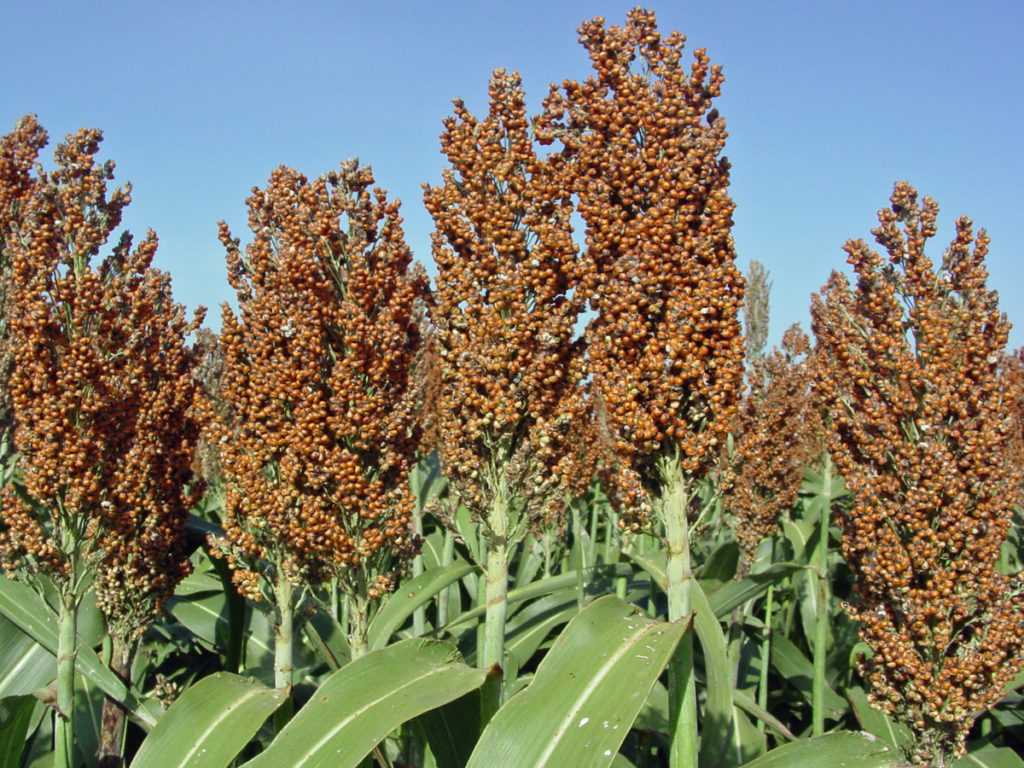
Audrey Galawu
Assistant Editor
National Foods, one of Zimbabwe's largest food producers, finds itself grappling with significant tax uncertainties while simultaneously navigating a dynamic market environment.
The group, known for its diverse portfolio ranging from maize milling to snacks, is embroiled in a tax dispute with the Zimbabwe Revenue Authority that could have far-reaching financial consequences.
Since 2018, Zimbabwe has undergone major currency and legislative shifts, complicating tax compliance for businesses. National Foods is currently challenging ZIMRA’s additional assessments of income taxes, penalties, and interest amounting to US$4.49 million for the 2019–2021 period.
The tax authority contends that these taxes, which the company settled in Zimbabwe dollars, should have been paid in foreign currency.
The absence of clear transitional measures and legal guidelines during the country’s currency changes has led to differences in interpretation between the company and the tax authority.
In its financial report for the year ended June 30, 204, National Foods argues that its tax settlements were in full compliance with the prevailing legal requirements at the time. However, the uncertainty surrounding the outcome of these disputes remains a significant challenge for the company.
“These assessments are being objected to and challenged in the courts, and are at various stages of appeal. The Group continues to engage the relevant authorities while these assessments are being objected to and challenged through the courts.
“Tax payments that have been made with respect to the revised assessments have been accounted for as prepayments on the group’s Statement of Financial Position, in anticipation of a successful appeal process, as the Group believes that the settlements it previously made to fully expunge its tax liabilities were in line with the legal requirements prevailing at the time of settlement.”
Related Stories
As part of its legal strategy, National Foods has adopted the "pay now, argue later" approach, already paying US$3.38 million in disputed taxes. The group is appealing the assessments in court, but if its appeals fail, the payments made in Zimbabwe dollars could be refunded at significantly devalued rates due to the hyperinflationary environment.
Adding to the complexity is the impending Finance Bill of 2024, currently under debate in the Senate. The legislation may introduce further tax reforms that could affect the group’s liabilities and future obligations, making the resolution of these tax disputes even more critical.
Despite these legal and financial uncertainties, National Foods continues to perform well across several of its core business units.
Maize Milling, one of its flagship operations, reported a 21% increase in volumes year-on-year. The rise was driven by a smaller local maize harvest, which reduced household stocks and increased demand for maize meal. The group’s strategy of focusing on both retail and business-to-business channels has paid off, with steady growth across its Pearlenta brand.
Conversely, the Downpacking Division, which primarily handles rice and salt packaging, saw a 21% decline in volumes. This drop was due to external factors, including India’s ban on rice exports and the introduction of VAT on rice sales in Zimbabwe, both of which significantly pushed up prices and dampened consumer demand.
In the Cereals Division, National Foods recorded an 8% increase in volumes, thanks to its focus on expanding its breakfast cereal range. New product offerings have begun making inroads into regional markets, albeit at modest volumes. This reflects the company’s broader strategy to diversify its product portfolio and tap into new revenue streams.
Perhaps the standout performer was the Snacks Division, where volumes surged by 45% over the previous year. This growth was largely driven by increased demand for the popular “King” and “Zapnax” brands. To support this expansion, the group commissioned additional production capacity and has plans for further investments in this division in the coming financial year.
On the other hand, the Biscuits Division struggled, with volumes declining by 23% year-on-year.
However, National Foods has taken steps to turn this around, commissioning a new world-class biscuit line in August 2024. The new production facility is expected to significantly enhance the group’s ability to produce a wide range of biscuits and improve performance going forward.
The uncertainty surrounding tax compliance is a concern shared by many businesses operating in Zimbabwe’s evolving regulatory environment. With National Foods already setting aside disputed tax payments as prepayments on its financial statements, the company is preparing for all outcomes while maintaining its focus on operational performance.




















Leave Comments